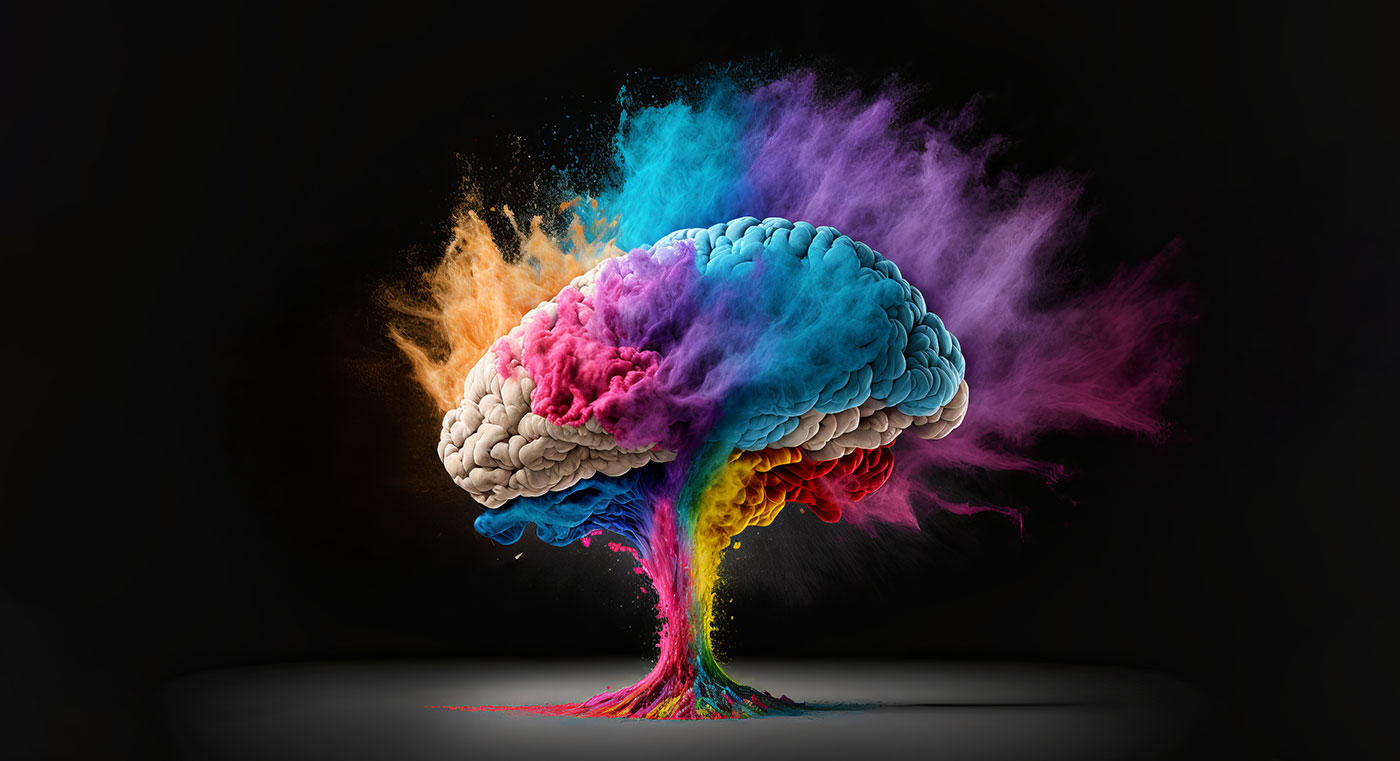
Understanding How Our Brains Are Meant to Function
In the world of NeuroEmotional Coaching, there’s a concept called ‘top-down emotional processing,’ coined by The Center for Emotional Education. It describes how our brains are naturally designed to work.
Picture your brain as a three-story building:
- Executive Brain: The top floor for high-level thinking, planning, and creativity.
- Emotional Brain: The middle floor where feelings are experienced and processed.
- Survival Brain: The ground floor, dedicated to keeping you safe from danger.
In an ideal world, we operate primarily from the Executive Brain for problem-solving and planning. We access the Emotional Brain when processing feelings, and the Survival Brain activates only when we’re genuinely in danger. However, modern life disrupts this natural flow.
When Our Brains Work Against Us
Today’s world keeps our Survival Brain on high alert. With overstimulation and stress, even mild discomfort can be misinterpreted as a threat. This leads to a bottom-up processing pattern where:
- The Survival Brain dominates, perceiving everything as a crisis.
- The Emotional Brain is overwhelmed and avoided.
- The Executive Brain is left with little capacity for effective thinking.
We’re stuck responding to everyday challenges in survival mode, cycling through unhelpful reactions:
- Fight: Arguing or resisting the situation.
- Flight: Escaping or avoiding discomfort.
- Freeze: Feeling paralysed by overwhelm.
- Appease: Over-accommodating to defuse tension.
This isn’t just inefficient – it’s exhausting. Worse still, the Survival Brain lacks self-awareness, so most people don’t even realise they’re stuck here.
The Science of Elevation
You can’t jump straight from the Survival Brain to the Executive Brain. If unprocessed emotions are clogging the Emotional Brain, tasks requiring focus or creativity feel impossible. It’s like swimming upstream.
No matter how much yoga, meditation, or exercise you fit into your schedule, unresolved emotional resistance holds you back. This is why NeuroEmotional Coaching is so effective – it works with your brain chemistry to unlock flow and ease.
How NeuroEmotional Coaching Works
NeuroEmotional Coaching rewires your brain to feel safe experiencing emotions. By creating space for feelings – sadness, anger, grief, joy, and everything in between – it allows your brain to process and release them naturally.
The process teaches your nervous system to recognise that emotional discomfort isn’t a threat. Over time, your brain learns to flow between states with ease. When feelings are no longer feared, your Executive Brain becomes effortlessly accessible.
Who Is NeuroEmotional Coaching For?
This work isn’t for everyone. If discussing emotions isn’t your style, it might feel uncomfortable at first. But for those willing to take the leap, the rewards are profound:
- Greater emotional regulation
- Compassionate understanding of triggers
- Tools for navigating challenges with clarity
NeuroEmotional Coaching requires courage, but it’s a path to lasting transformation. If you’re ready to take responsibility for your emotional growth, this modality can empower you to create a life aligned with your deepest values.
My Experience with NeuroEmotional Coaching
This approach has completely transformed my life. It gave me the tools to feel safe in my own body and empowered me to overcome challenges I once thought impossible. While traditional therapy provided valuable insights, nothing compares to the clarity and practical tools I’ve gained from this work.
Best of all, the tools you learn in NeuroEmotional Coaching stay with you. Over time, sessions feel less like work and more like a supportive conversation with yourself – a natural, loving way to navigate life.
Ready to Explore NeuroEmotional Coaching?
If this sounds like something you might be keen to explore further, please book a call, where we can meet online, you can ask questions, and we can decide if NeuroEmotional Coaching is the right choice for you.
Neuroscience now reveals that the subconscious mind (which is an information processor, one million times more powerful than the conscious mind) runs our behaviour from 95-99% of the time.
– Dr Bruce Lipton